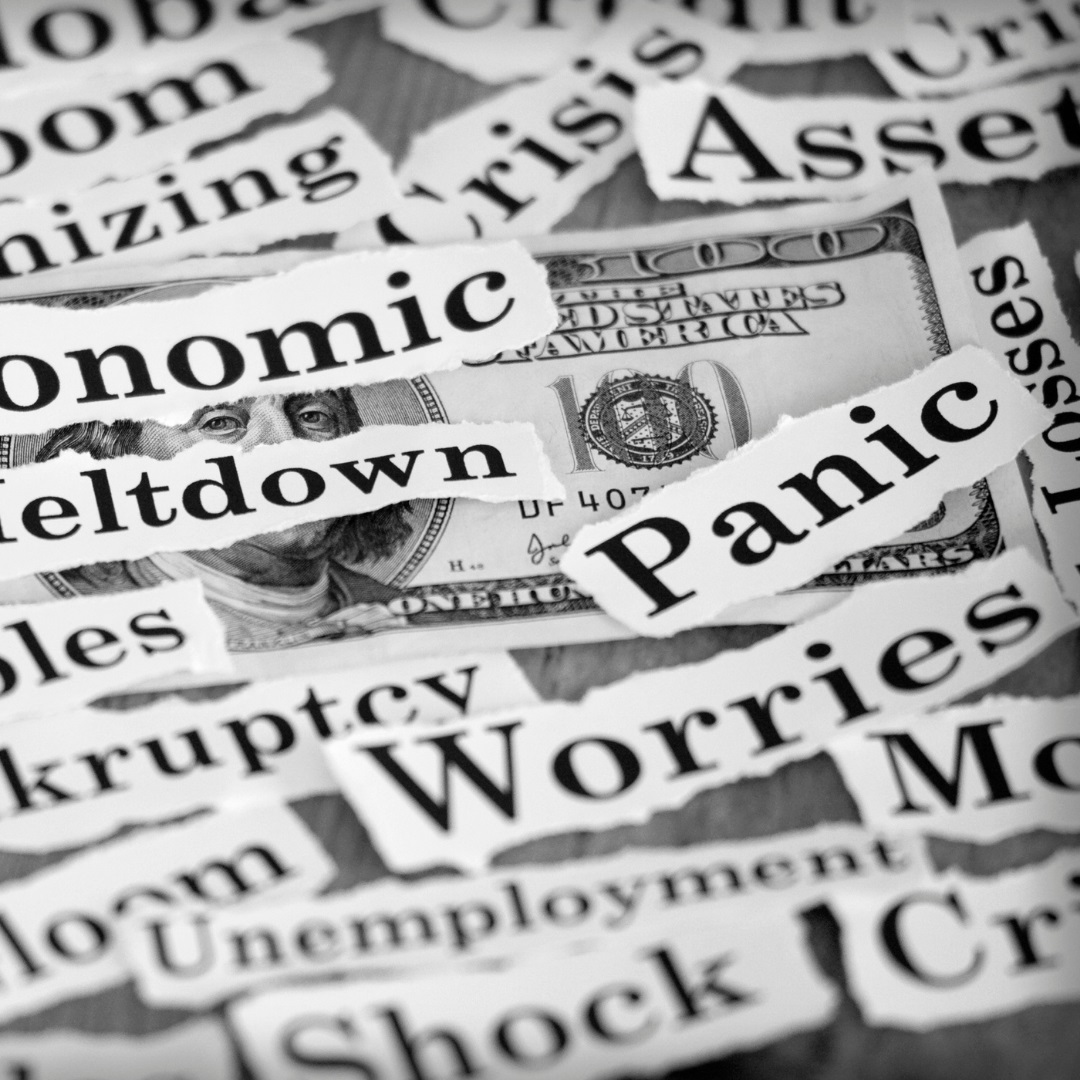Have you ever stopped to think about all the habits you have without really thinking about them? If these habits are not making your life better, perhaps it is time to break unconscious habits so you can live your best life.

There are so many things that we do during the day that often happen without us stopping to think about why we are doing it.
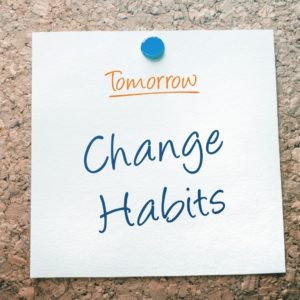 Does it seem that a lot of our responses happen automatically without the benefit of conscious awareness?
Does it seem that a lot of our responses happen automatically without the benefit of conscious awareness?
It is like the brain is on automatic pilot and operates much the say way as a computer.
Like a computer that performs its function without the operator being aware of the many thousands of individual computations need to complete even a simple task.
Take, for example, a common task such as driving a car. How often have you had the experience of driving while your attention was focused on something else?
It seems that drivers can allocate several of the mechanical tasks that are required in driving routinely.
Tasks such as braking, steering, or even accelerating the car.
In fact, it seems to be just like turning on the automatic pilot that we have in our head.
The above is just one example of us acting on autopilot.
But what about all the thousands of things we have learned over our lifetime, some of which we no longer think about before doing.
If you can relate, perhaps it is time to question how these types of habits were created and what other habits do we do on autopilot that might not be serving me?

Habits Play an Extraordinary Role in Our Lives
Think about it. We are creatures of habit.
Our morning routine is a habit that our brain recognizes as something we do every morning.
Habits are unconscious behaviors. These habits have been wired into the brain as a result of repetition. Over time we do the habit less consciously.
The part of the brain is named the basal ganglia. It is in fact the area that is responsible for creating habit-forming actions.
It is important to note that once a neural pathway has been established for a habit, your brain is never going to get rid of it.
This is good for us since the thinking part of the brain can concentrate on other important activities.
But the downside is that our brain doesn’t recognize good habits from bad.
How Are Habits Formed?
Are there habits you have that you think are not serving you, but you feel you are stuck?
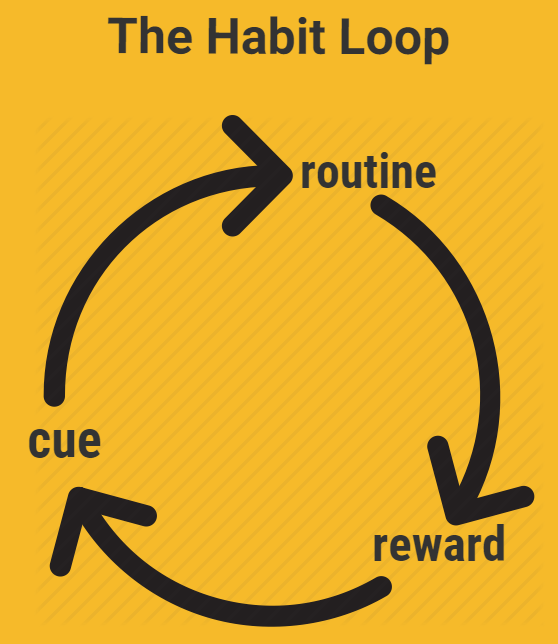 Charles Duhigg, in the book, The Power of Habit, talks about the cycle of a habit.
Charles Duhigg, in the book, The Power of Habit, talks about the cycle of a habit.
He also talks about what can happen when we perform a new habit.
First of all, there is the Cue. The resulting trigger tells the brain automatically which habit to apply.
Then there is Routine. It is what you do once you get the cue. The routine can be emotional or mental and even physical.
Lastly, there is a Reward. This helps your brain decide on what particular loop is worth remembering for next time.
For example, take the habit of checking your phone.
You are doing something and the phone buzzes (cue).
Since this is a habit, you reach for your phone automatically even though you know it’s probably junk mail or another useless message (routine).
You read it (reward). You get rewarded by the momentary distraction (craving).
The following video gives a great explanation of how this all works.
How Habits Change Your Brain Video:
Responses are Set Up in the Brain
These types of responses have been set up in our brains. If your brain likes the reward, it will crave it again when the cue appears again.
Take for instance a craving for junk food or chocolate.
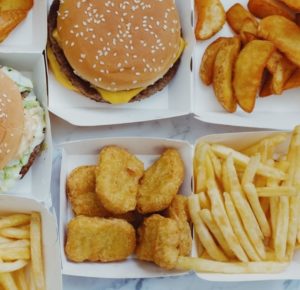 You are driving down the highway and you are hungry. You see a fast-food restaurant (cue).
You are driving down the highway and you are hungry. You see a fast-food restaurant (cue).
Because you are hungry, you drive your car into the drive-through and order a burger.
You eat the burger (routine). You get rewarded, and you enjoy the burger.
Perhaps you didn’t even think about ordering a healthier option.
Our cravings are responsible for creating the habit loop.
Our brain retains the result of each habit. The brain recognizes the feedback.
Habits are Automatically Formed
If it is a positive memory, the brain will automatically activate the habit when the cue appears again.
As a result, there is a loop formed. The result is that there is a neural pathway that gets wired into our brains for that particular habit.
You have probably eaten a fast-food burger before, and you know you like the taste. Your brain remembers it and craves it again when the cue comes again.
Cues can be anything; they can be visual (when we see something), people (when we’re with certain people we get the urge to do certain things like smoking or drinking), our thoughts, etc.
The good news is that you can change any habit if you identify what you crave.
Eventually, both good and bad habits are created based on the reward we receive.
Once you experience the reward of doing something, you crave it again the next time the cue appears before you.
Start a New Habit Anytime You Want
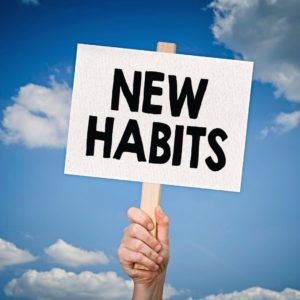 The good news is that we are able to start a new habit anytime.
The good news is that we are able to start a new habit anytime.
However, we have read all the books, made a commitment to change, became enthusiastic and then, you know what happens? Nothing.
Why is sticking to a new habit so hard? To answer this question, let’s talk about the science behind habits.
Let’s take a simple example. Each morning you brush your teeth.
You do this because you want your teeth to be clean. You want to have a fresh breath.
As a result, you do this daily because you crave clean teeth and feel somewhat regretful until you get to do it.
So you do it daily and now have reached a point of automaticity where you don’t have to force yourself to do it.
That’s how all habits are formed. It is in fact the way the brain works.
Habits Make Life Easier
Habits are formed as a way to our lives a little easier. In fact, there are formed, so we don’t constantly have to make decisions on the basic routines in our daily lives.
It can be exhausting for our brains to have to make decisions all the time. Consequently, the brain regularly wants to reduce effort.
Therefore, when a cue appears another time, the brain reminds us to take action.
It does this automatically. As a result, there is no energy or time wasted on making a decision.
Why Is It Hard To Take Action When It Comes To Implementing New Habits?
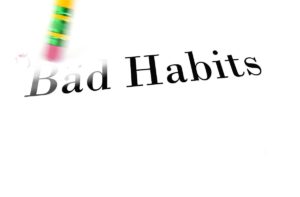 To form new habits, new neural pathways have to form in your brain. It takes consistent effort over a span of time.
To form new habits, new neural pathways have to form in your brain. It takes consistent effort over a span of time.
And it’s uncomfortable. So you try to fight it even though you want to do it.
If you would like to sit on the couch and relax rather than go for a walk or do some other form of exercise, you are forming the habit of relaxing.
However, if you want to create more helpful habits, you are going to have to fight through the discomfort.
You are going to have to extend yourself so that the new habit becomes part of your comfort zone.
How to Implement a New Habit and Make it Stick
The good news is that when the rewards are tempting for you, you are going to want to make the habit something you do every time.
What are some approaches you could to that would help you to remember to make the new habit:
- Write it in your diary or calendar
- Add it to your daily to-do list
- Add it to a habit-tracker app on your phone
- Post it on sticky notes and paste it where you can see it first thing in the morning
- Promise yourself a reward at the completion of the task
Commit to a certain time that you will make the new habit. Your brain will start to anticipate the event when you do something at the same time every day.
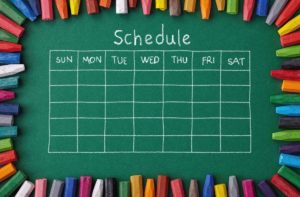 As a result, it gets much easier to remember the habit.
As a result, it gets much easier to remember the habit.
If you have a bullet journal, write it in your daily planning section.
Starting a new habit is important and exciting. But more than that, what matters is sticking with the habit.
It is a good idea to start small if you want the habit to be part of your life in the long run.
It is a good idea to only start with one or two new habits. Sometimes, the ripple effect of one habit can help you form another habit.
Tip: The time you choose to perform the habit matters. If it’s something that you can do in the morning, that’s the best time to do it. Because there are fewer distractions and you have more energy. You don’t need to get up crazy early, but get up early enough to avoid distractions.
Here is a quote from Charles Duhigg:


